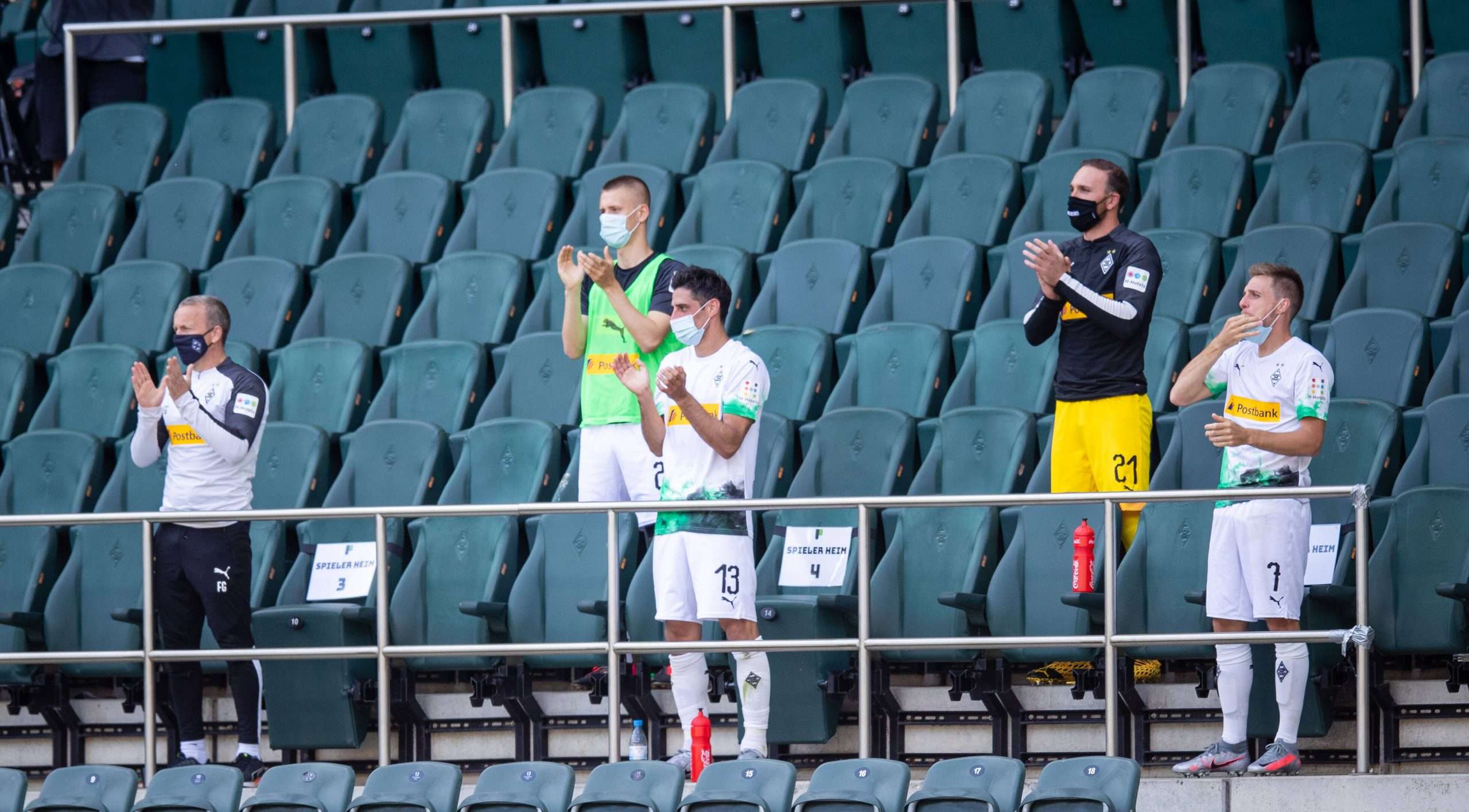Awaiting its eagerly anticipated return, the Bundesliga returned to our screens on 16 May, becoming the first top five league to do so after a 61-day hiatus. Given the joy that football brings to our lives, its two-month absence feels a lot longer for some people, whilst others have welcomed the break.
The return of professional football in Germany brings some form of normality to our lives amid the coronavirus pandemic in which so many lives have tragically been lost around the world.
Clubs must follow strict protocols
For the Bundesliga and 2. Bundesliga to return, Deutsche Fußball Liga (DFL) CEO Christian Seifert submitted a 51-page document to the German government highlighting protocols and medical procedures being put in place upon its return.
Under these strict new protocols, fans would not be allowed inside stadiums with German ministers banning large gatherings until August 31. No more than 300 people, including players, staff, health personnel, security and a handful of media, would be allowed inside and around the immediate vicinity of the stadium to observe social distancing.
Even though players and staff are tested twice a week, to minimise the risk of spread of the virus during the game there are no handshakes, no spitting and balls are disinfected. To practise social distancing, ball boys would no longer pass the ball to players but instead place them at regular intervals around the pitch whilst substitutes would sit behind the bench, wearing masks. There would be no catering facilities for journalists whilst interviews would be done from a distance – pre-match press conferences being conducted virtually.
Broadcasting revenues important for survival
Football returning in Germany is imperative to clubs surviving. The Bundesliga will secure almost €300 million from broadcasters such as Eurosport, ARD and ZDF. If professional football didn’t return, €750m, per Financial Times, would be lost from broadcasting, sponsorships and ticketing income if the season wasn’t completed.
“For some clubs it means economic survival,” said Seifert. “The decision secures jobs, not just for players on the pitch but also at club offices, media companies and suppliers.”
In the United Kingdom, 600k viewers tuned in to watch the Revierderby between Borussia Dortmund and Schalke with 3.81 million watching on Sky channels, according to SportsPro.
Was the start thrown into doubt?
The return of football is of huge importance given the financial impact on clubs. But despite protocols in place, the restart was thrown into doubt after Hertha Berlin forward Salomon Kalou physically greeted teammates and interrupted a test for Covid-19. Following his livestream on his social media channel, Kalou was later suspended by the club.
The entire Dynamo Dresden squad was also placed in quarantine just one week before the 2. Bundesliga restart after two players tested positive for coronavirus, this came after three players and staff at FC Köln tested positive despite being asymptomatic. But due to different state rules, the entire Dresden squad had to be placed in isolation as opposed to those with the virus in North-Rhine Westphalia.
Seifert also admitted that German football was “playing under probation” and that players must take responsibility for following rules. Unfortunately, the Kalou incident wasn’t the only case of someone breaking the rules. Augsburg head coach Heiko Herrlich broke strict quarantine rules to buy amenities from a supermarket during a strict seven-day quarantine period that every club had to partake in prior to 16 May. As a result, the former Bayer Leverkusen head coach had to miss the first game back.
Hertha Berlin defender Dedryck Boyata also had to deny kissing team-mate Marko Grujic after the Serb scored in their win over Hoffenheim: “It wasn’t a kiss, neither a celebration. I was giving him instructions about a set piece. We must be careful now that we play under this situation. We have to adept our way to play or celebrate.”
But where there has been a couple of incidents where the players have failed to follow strict ruling, the consensus in these early stages are that it’s working. Teams looked a little lethargic across Matchday 26 but that’s to be expected with little match fitness and time to prepare. But now that teams have played four games since its return, football seems to be even more intense than it was before. Sure, the Geisterspiel (ghost games) take some getting used to but now we can hear the thump of every ball and coaches barking orders. We could never expect it be as it was.
The Bundesliga has given a blueprint for other leagues such as the Premier League, La Liga and Serie A to return but we must not forget that Germany have – at the time of writing – 8,602 coronavirus deaths, a small number in comparison to elsewhere.
We must remember, we’re playing amid a pandemic and football will never be what it was prior. It’s important to adapt, and to take in the occasion and appreciate that we can now switch off from the outside world for 90 minutes.










